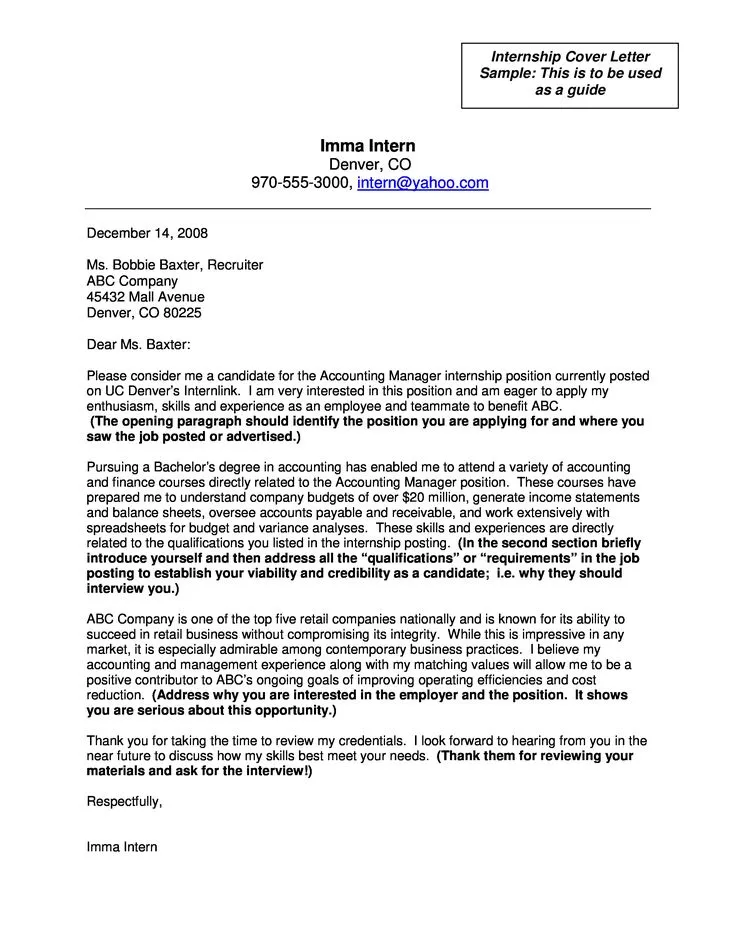Understanding the Congressional Internship Application Process
Securing a congressional internship is a highly competitive process, and a well-crafted cover letter is your key to standing out. The application process typically involves submitting a resume, cover letter, and sometimes a writing sample or letters of recommendation. Understanding this process, from deadlines to required documents, is the first step towards success. Each congressional office may have its own specific requirements, so it’s crucial to carefully review the application instructions and tailor your materials accordingly. The application process is not only about showcasing your qualifications but also demonstrating your genuine interest in public service and the work of the specific member of Congress.
Researching the Member of Congress
Before you even begin writing, research the member of Congress you are applying to. What are their legislative priorities? What committees do they serve on? What are their recent accomplishments and current projects? This information is invaluable. Visit their official website, read news articles, and explore their social media presence. This research allows you to tailor your cover letter to their specific interests and demonstrate a genuine understanding of their work. Showing that you’ve taken the time to learn about their background and legislative focus will make your application more compelling and show your real interest in working with them. This attention to detail sets you apart from other applicants.
Identifying Key Skills and Experiences
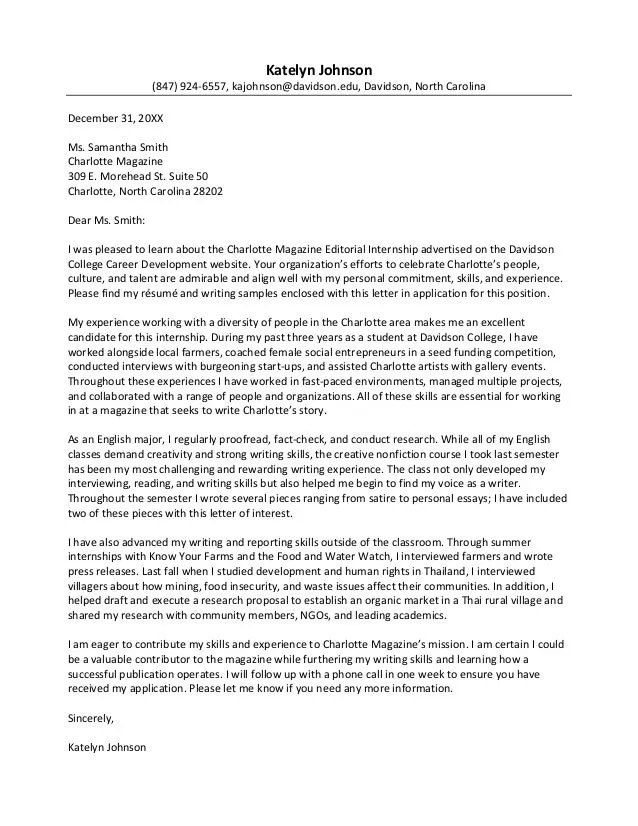
Identify the skills and experiences that align with the requirements of a congressional internship. Are you a strong writer, researcher, or communicator? Have you worked on political campaigns, volunteered in community service, or held leadership positions? Make a list of your relevant skills and experiences. Consider how these skills can benefit the office of the member of Congress. Congressional offices value candidates who can think critically, analyze information, and work effectively in a team. Highlighting these skills will make your application more relevant and strengthen your chances of getting an interview. Tailor your listed skills to match what the specific internship description seeks to emphasize.
Crafting a Compelling Cover Letter
Your cover letter is your opportunity to make a strong first impression and make a case for why you are the ideal candidate. It should showcase your personality, demonstrate your enthusiasm, and highlight your most relevant qualifications. A well-written cover letter should be concise, engaging, and free of errors. It should clearly state your interest in the internship, explain why you are interested in working for the member of Congress, and outline your relevant skills and experiences. Remember that the cover letter is not just a summary of your resume but a chance to expand on your qualifications and show your passion for public service.
Formatting Your Cover Letter
Formatting is important for readability and professionalism. Use a standard business letter format with a clear, concise font like Times New Roman or Arial. The letter should be one page long, with adequate margins and spacing. Address the letter to the appropriate person (e.g., the internship coordinator or the Chief of Staff). If you cannot find a specific contact person, use a general title like “Internship Coordinator.” Proper formatting demonstrates attention to detail, which is essential in a congressional office. Your cover letter must appear professional, easy to read, and organized, reflecting your professionalism and respect for the member of Congress.
Writing a Strong Opening
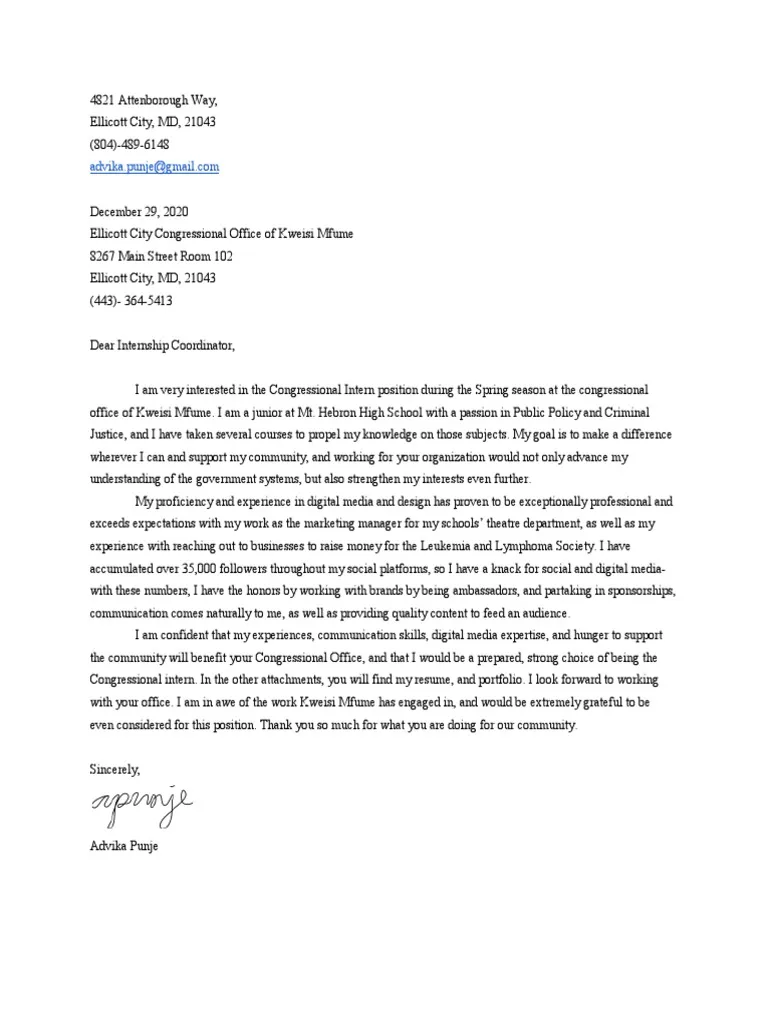
Your opening paragraph should immediately grab the reader’s attention. State the specific internship you are applying for and where you learned about the opportunity. Briefly explain why you are interested in working for the member of Congress and what you hope to gain from the experience. Mentioning a specific project, policy, or achievement of the member of Congress shows that you have done your research. You can start with an enthusiastic sentence that immediately highlights your genuine interest and desire to learn and contribute to their work. Make it clear why you’re interested in a congressional internship specifically, instead of a general internship in politics.
Highlighting Relevant Skills and Experiences
In the body of your letter, provide specific examples of your skills and experiences that are relevant to the internship. Focus on the skills and experiences that the congressional office has identified as important. Use the STAR method (Situation, Task, Action, Result) to structure your examples. Describe the situation, the task you faced, the actions you took, and the results you achieved. This will help the reader understand the scope of your skills. For example, if the internship description mentions strong writing skills, provide an example of a writing project and the outcome. Tailor your examples to reflect the specific requirements and the kind of work associated with the congressional office.
Demonstrating Your Passion and Interest
Showcase your genuine interest in public service and the work of the member of Congress. Explain why you are passionate about the issues they champion and how you hope to contribute to their mission. This can be done by referencing a specific piece of legislation they are working on or mentioning a particular issue you are interested in. Avoid generic statements. Demonstrate your enthusiasm by referencing the member of Congress’s work and linking it with your own goals and values. This is where your research will pay off. Clearly convey why you want to be an intern for that specific office and not another.
Writing a Powerful Closing
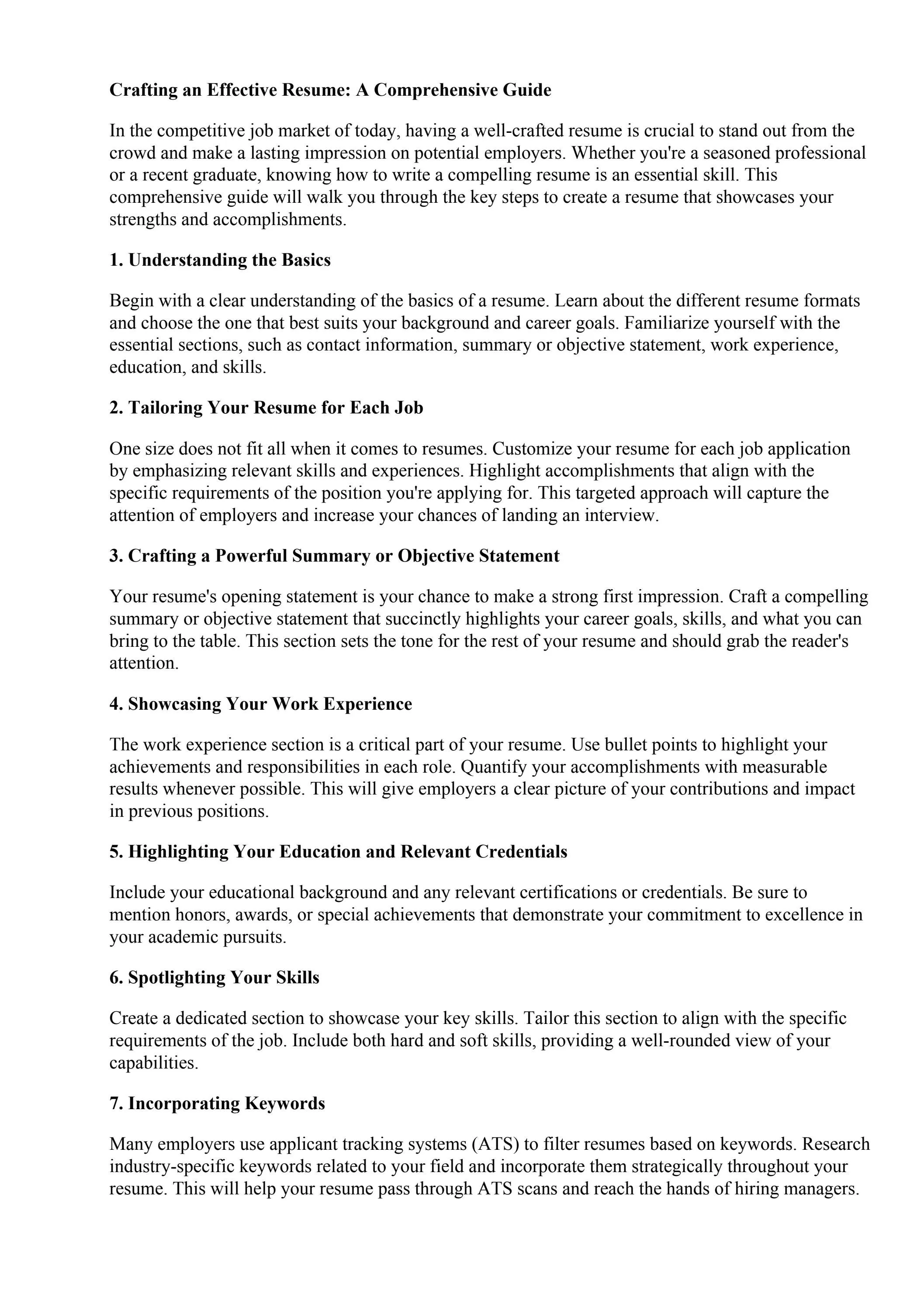
Your closing paragraph should reiterate your interest in the internship and thank the reader for their time and consideration. Reiterate your enthusiasm. Clearly state that you are available for an interview and how they can contact you (phone and email). Express your eagerness to learn more about the opportunity and the member of Congress’s work. Make sure the conclusion is professional and conveys confidence without sounding arrogant. Conclude with a forward-looking statement that emphasizes your willingness to contribute and your anticipation of a possible next step in the hiring process.
Reviewing and Editing Your Cover Letter
Before submitting your cover letter, carefully review it for any errors in grammar, spelling, and punctuation. Ensure that the letter is well-organized, easy to read, and free of typos. Read your cover letter out loud to check for flow and clarity. Ask a friend, family member, or career counselor to read your cover letter and provide feedback. A fresh set of eyes can catch errors that you may have missed. Ensure that all of your contact information is correct and that the letter’s tone aligns with the office’s culture. Accuracy and presentation are critical to ensuring your cover letter is considered by the office.
Showcasing Your Achievements and Qualifications
It is essential to highlight your key accomplishments and qualifications in your cover letter. This is your opportunity to convince the reader that you are the ideal candidate. Focus on achievements that demonstrate the skills and experiences most relevant to the internship. Emphasize your accomplishments, not just your responsibilities. For example, if you increased membership in an organization, provide specific details about the growth. Demonstrate how your past experiences have prepared you for the internship by detailing how you have utilized relevant skills in the past. Be specific about your contributions and their impact.
Quantifying Your Accomplishments
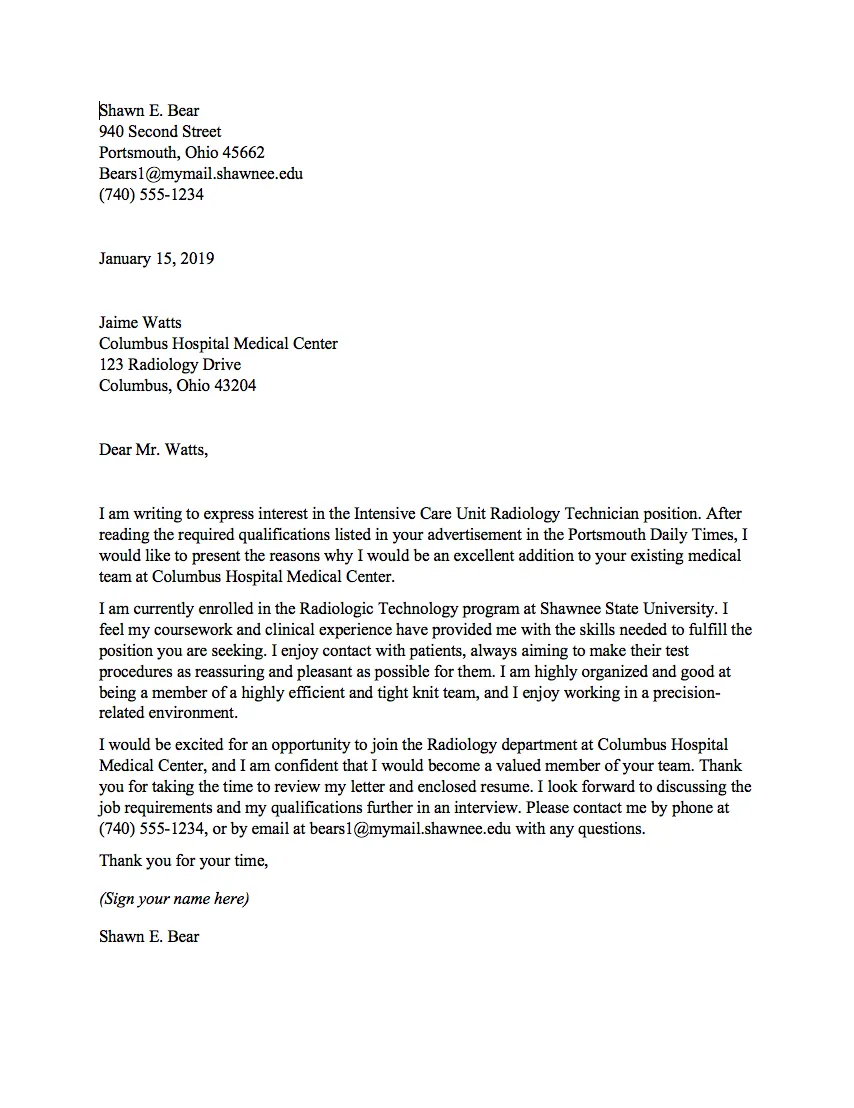
Whenever possible, quantify your accomplishments. Use numbers and data to demonstrate the impact of your contributions. Instead of saying “Improved customer service,” say “Improved customer service satisfaction scores by 15% through implementing a new training program.” Quantifying your accomplishments provides concrete evidence of your skills and effectiveness. Use data, statistics, and measurable results to showcase your impact. This makes your achievements more credible and compelling, showing the reader the value you bring to the table. Showing quantifiable results helps to capture the reader’s attention and provides a clearer picture of your success.
Providing Specific Examples
Use specific examples to illustrate your skills and experiences. Avoid vague statements. Instead of saying “I have strong communication skills,” provide an example of a time you effectively communicated in a challenging situation. Use the STAR method to structure your examples. The more specific your examples, the more compelling your cover letter will be. Use examples that show how you have applied your skills to different scenarios. This helps the reader understand your capabilities better. Showing is always more effective than just telling, so using concrete examples will help your application stand out.
Tips for Standing Out
To increase your chances of getting noticed, tailor your cover letter to each office. Research the member of Congress, tailor the letter to their interests, and highlight the skills and experiences that are most relevant to that office. Proofread your letter carefully and seek feedback from others before submitting it. Be sure to follow up with the office after submitting your application. A well-written cover letter will set you apart from other applicants and demonstrate your genuine interest in the internship. Your letter must be original, relevant, and demonstrate your understanding of the role and the member of Congress.
Tailoring Your Letter to Each Office
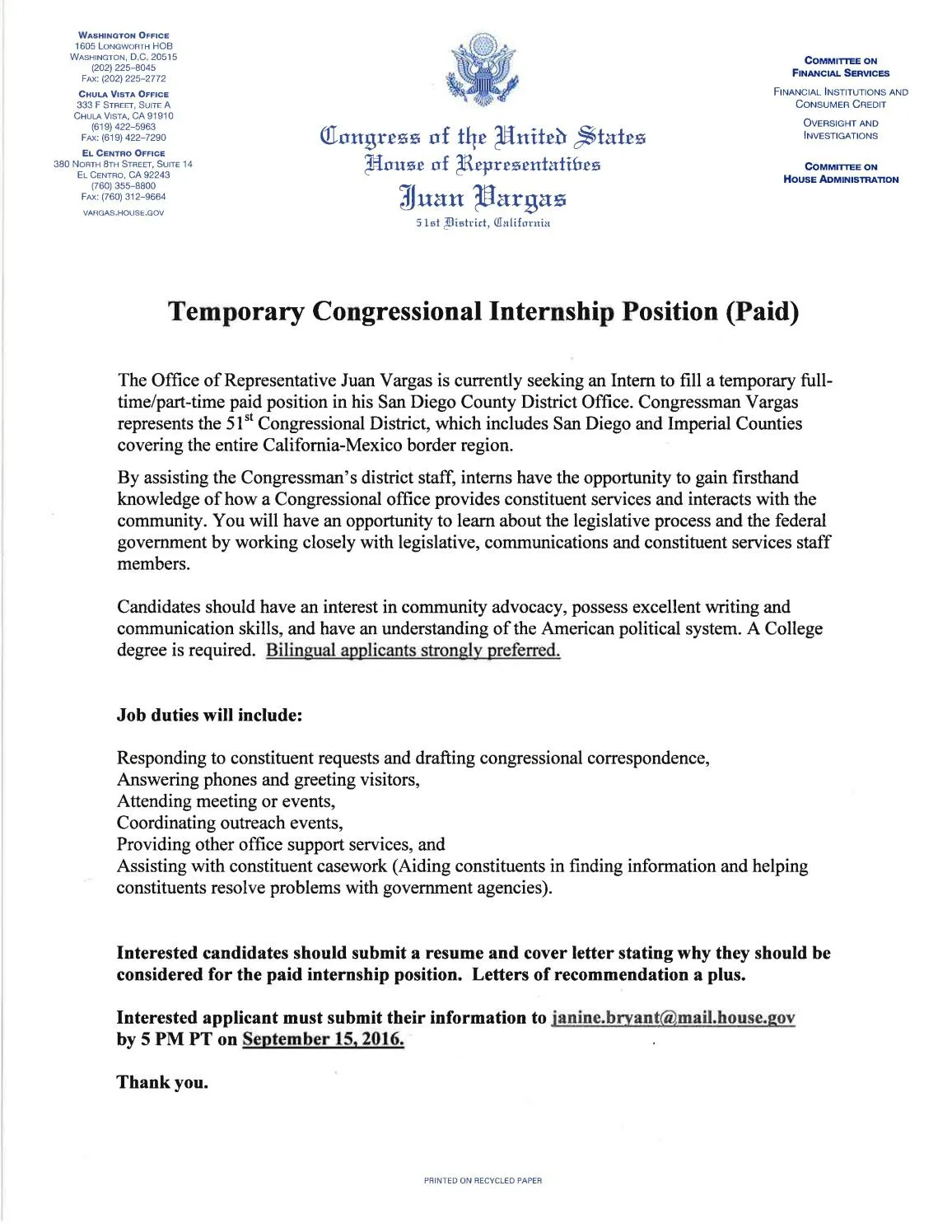
Avoid using a generic cover letter. Tailor your letter to each specific office you are applying to. This shows that you have taken the time to learn about their work and that you are genuinely interested in the internship. Mention the member of Congress’s specific legislative interests, committee assignments, and recent accomplishments. Tailor the letter to the specific responsibilities and skills mentioned in the internship description. This demonstrates that you have carefully considered the role and that you are a good fit for the position. It shows respect to the office and shows that you have invested time in your application.
Proofreading for Errors
Proofread your cover letter multiple times to catch any errors in grammar, spelling, and punctuation. Even small errors can create a negative impression and undermine your credibility. Use spell-check and grammar-check tools, but also read your letter out loud to catch any awkward phrasing or unclear sentences. Ask a friend, family member, or career counselor to review your cover letter before submitting it. A second set of eyes can often catch errors that you have missed. A polished cover letter is a reflection of your attention to detail and your professionalism.
Seeking Feedback
Before submitting your cover letter, seek feedback from others. Ask a career counselor, professor, or mentor to review your cover letter and provide suggestions for improvement. Ask them to evaluate the clarity, organization, and overall effectiveness of your letter. Be open to constructive criticism. Revise your cover letter based on the feedback you receive. Seeking feedback demonstrates your willingness to learn and improve, and it can significantly enhance the quality of your cover letter. A second opinion can help to ensure that your application best represents your skills and goals.
Following Up After Submission
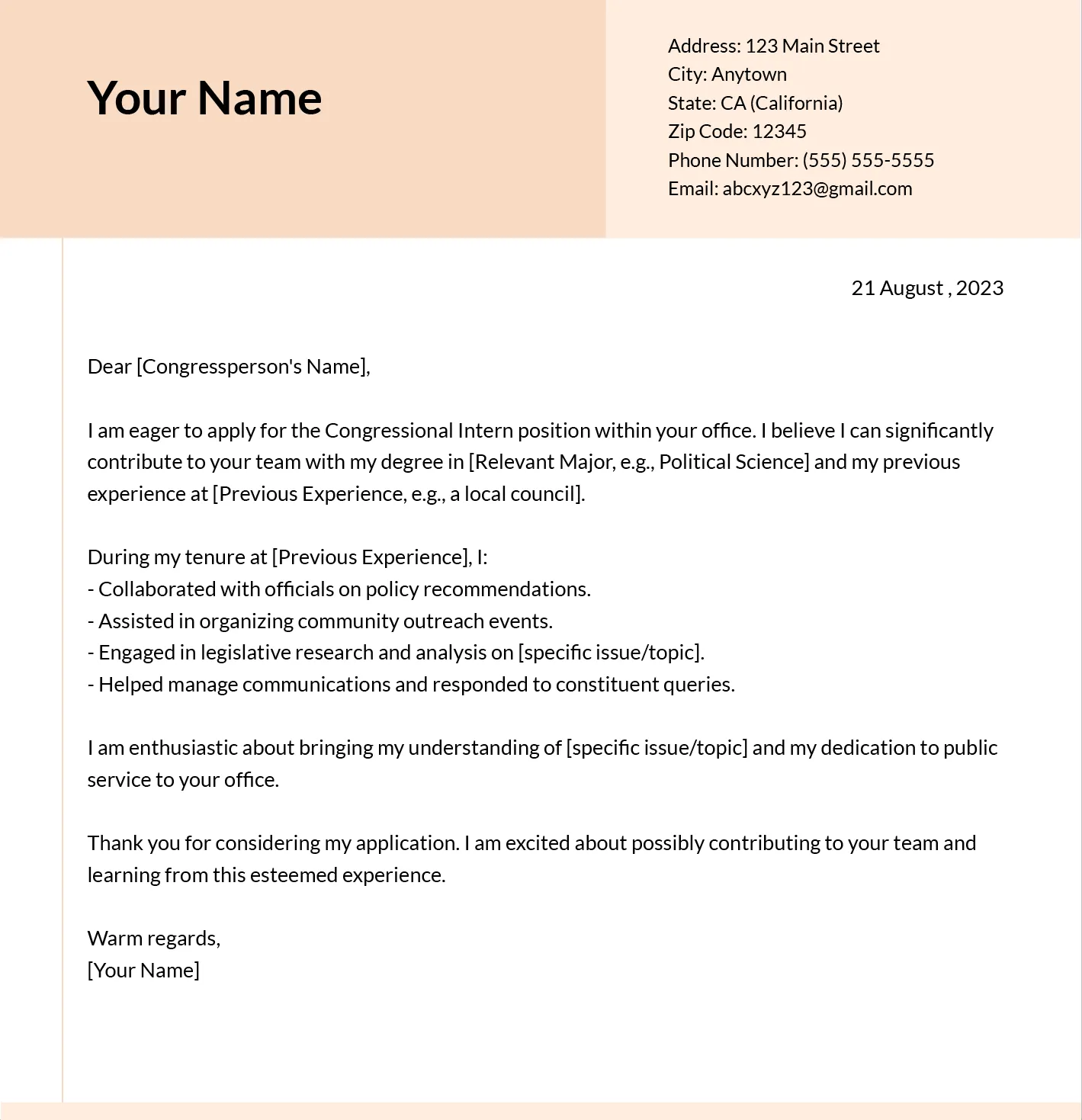
After submitting your application, follow up with the office to express your continued interest. Send a brief email to the internship coordinator or the appropriate contact person, thanking them for their time and reiterating your enthusiasm for the opportunity. Keep the email brief and professional. Following up demonstrates your initiative and your strong interest in the internship. If you have not heard back within a reasonable timeframe (e.g., a few weeks), you can send a follow-up email. However, avoid being overly persistent. A well-timed follow-up can make a lasting impression.
